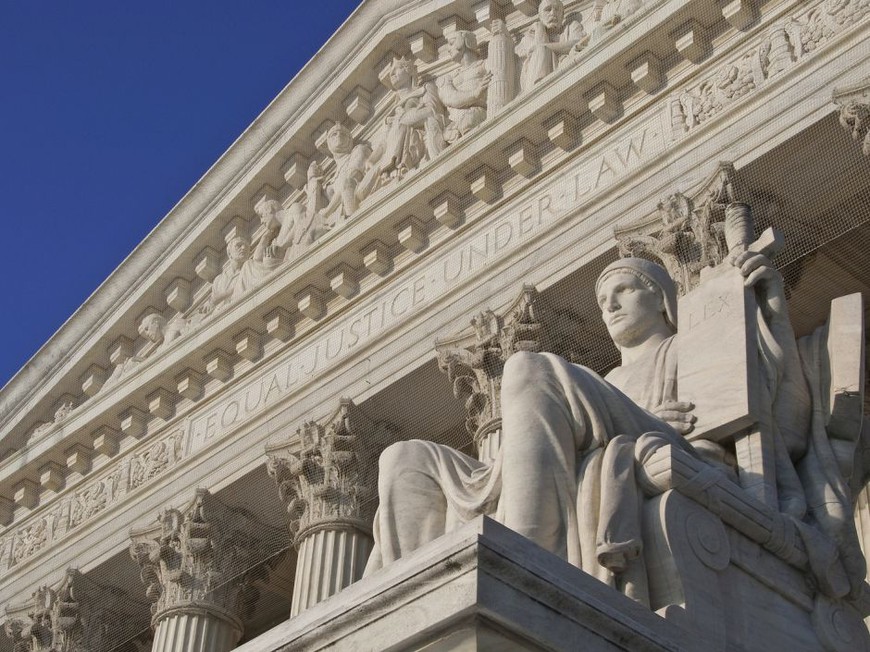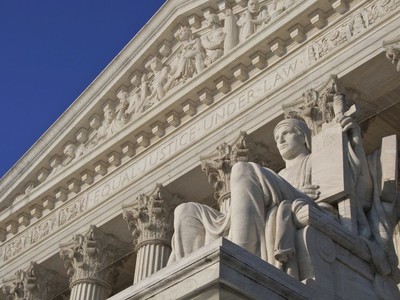

- US Supreme Court has decided not to hear the Dicristina appeal.
- The decision means that the United States Court of Appeals Second Circuit Court judgment will stand. That judgment, following a government appeal, found that Lawrence Dicristina was guilty of breaching the federal Illegal Gambling Business Act (IGBA) when he ran a poker game from his bicycle shop.
- The refusal to hear the case does not mean that the Supreme Court has ruled for or against the Second Circuit decision, it simply means that the court has decided that the constitutional issues do not have a high enough priority to merit the court’s time.
The US Supreme Court has decided that the Dicristina case does not merit being placed on its docket. The court looks at around 80 cases a year selecting them from a vast number of petitions.
The decision means that the United States Court of Appeals Second Circuit Court judgment will stand. That judgment, following a government appeal, found that Lawrence DiCristina was guilty of breaching the federal Illegal Gambling Business Act (IGBA) when he ran a poker game from his bicycle shop. He levied a fee of 5% of each pot in order to pay for food, drinks and a dealer.
The Second Circuit decision overturned an acquittal by Judge Jack B. Weinstein which was based on the argument that poker was a game of skill and not covered by the IGBA. The Second Circuit did not make their ruling on the basis that Weinstein was wrong about poker, but on more technical issues of what games were covered by the IGBA.
The petition to the US Supreme Court was partly based on the interpretation of a particular legal form where items covered by the law are described partially using the phrase: “includes but is not limited to….”
In the case of the IGBA, the clause is: “includes but is not limited to pool-selling, bookmaking, maintaining slot machines, roulette wheels or dice tables, and conducting lotteries, policy, bolita or numbers games, or selling chances therein.” According to the Second Circuit, poker fell foul of the clause.
While the hope was that the Supreme Court might have ruled that poker was not covered by the IGBA, in practice, the majority of states have already made laws which specifically include poker as an illegal gambling activity. The issue of whether it is a game of skill or not, and included under the IGBA, would only have affected those states where there is no other controlling law.
The refusal to hear the case does not mean that the Supreme Court has ruled for or against the Second Circuit decision, it simply means that the court has decided that the constitutional issues raised by the case do not have a high enough priority to merit the court’s time.
The Second Circuit ruling on the interpretation of the IGBA is technically only valid within its own jurisdiction, however, it is likely that other Circuit Courts would follow the decision rather than seek to establish a different precedent.
Dicristina has already said that he will not appeal the case any further and will accept the sentence decided upon by Judge Weinstein, to whom the case now returns.

